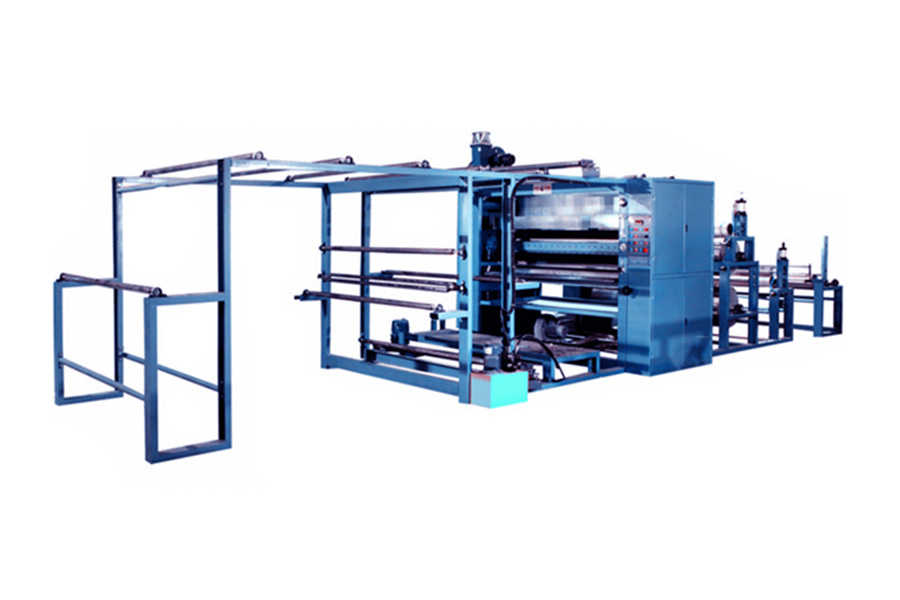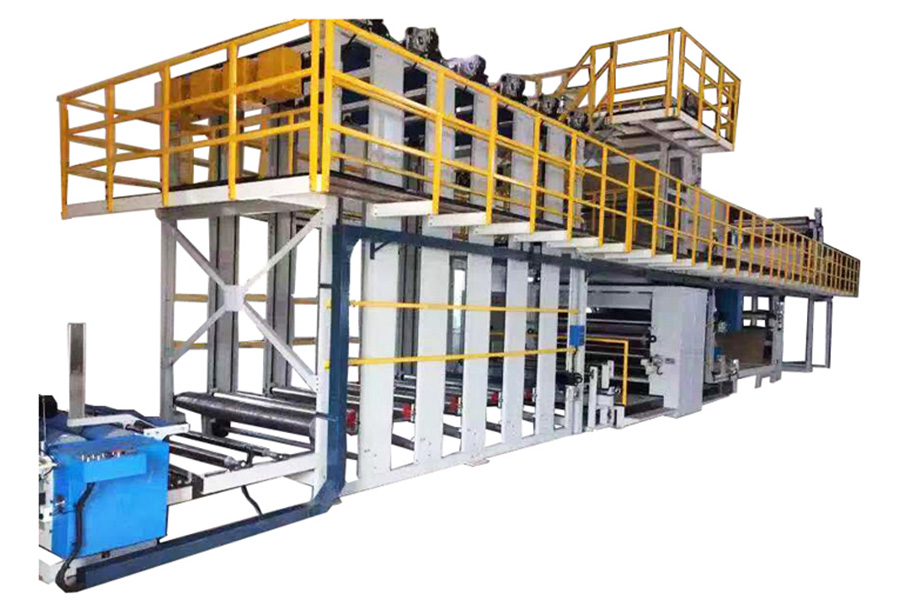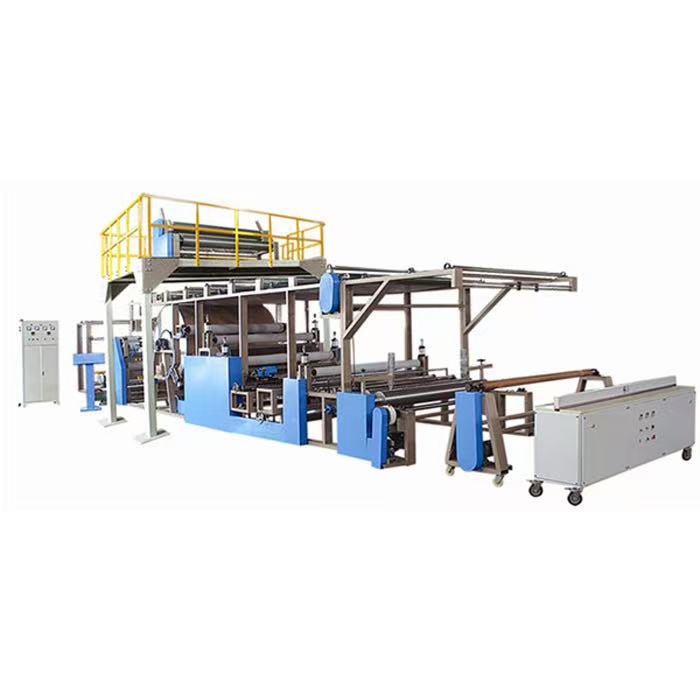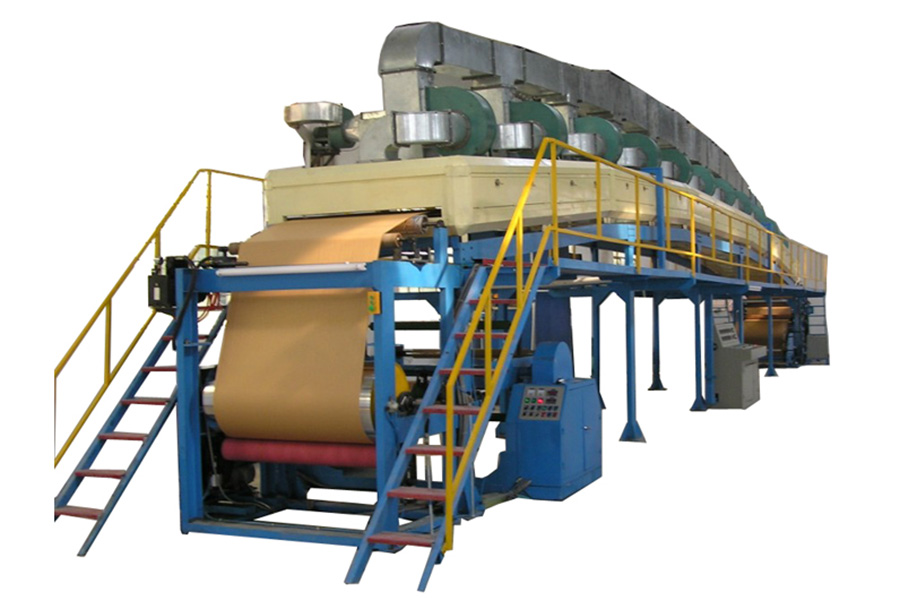| Burner Width | 2.1m or customised |
| Burning Fuel | Liquefied natural gas (LNG) |
| Laminating speed | 0~45m/min |
| Cooling method | water cooling or air cooling |

 Automotive industry (interiors and seats) Furniture industry (chairs, sofas) Footwear industry Garment industry Hats, gloves,bags, toys and etc1. It adopts advanced PLC, touch screen and servo motor control, with good synchronization effect, no tension automatic feeding control, high continuous production efficiency, and the sponge table is used to be uniform, stable and not elongated. 2. The three-layer material can be combined in one time through the double-fired simultaneous combustion, which is suitable for mass production. Domestic or imported fire platoons can be selected according to the product requirements. 3. The composite product has the advantages of strong overall performance, good hand feeling, water washing resistance and dry cleaning. 4. Special requirements can be customized as needed.
Automotive industry (interiors and seats) Furniture industry (chairs, sofas) Footwear industry Garment industry Hats, gloves,bags, toys and etc1. It adopts advanced PLC, touch screen and servo motor control, with good synchronization effect, no tension automatic feeding control, high continuous production efficiency, and the sponge table is used to be uniform, stable and not elongated. 2. The three-layer material can be combined in one time through the double-fired simultaneous combustion, which is suitable for mass production. Domestic or imported fire platoons can be selected according to the product requirements. 3. The composite product has the advantages of strong overall performance, good hand feeling, water washing resistance and dry cleaning. 4. Special requirements can be customized as needed.
 1. Gas Type: Natural Gas or Liquefied Gas. 2. The water cooling system well enhances the lamination effect. 3. The air exhaust diaphragm will exhaust the odor. 4. Fabric spreading device is installed to make the laminated material smooth and neat. 5. The strength of the bonding depends on the material and the foam or EVA selected and the processing conditions. 6. With high integrity and long term adhesive durability, the laminated materials touch well and is dry washable. 7. Edge tracker, tensionless fabric unwinding device, stamping device and other auxiliary equipment can be optionally installed.
1. Gas Type: Natural Gas or Liquefied Gas. 2. The water cooling system well enhances the lamination effect. 3. The air exhaust diaphragm will exhaust the odor. 4. Fabric spreading device is installed to make the laminated material smooth and neat. 5. The strength of the bonding depends on the material and the foam or EVA selected and the processing conditions. 6. With high integrity and long term adhesive durability, the laminated materials touch well and is dry washable. 7. Edge tracker, tensionless fabric unwinding device, stamping device and other auxiliary equipment can be optionally installed. Following sets which can also be installed into already existing machines. 1.Guiding- and tentering units. 2.Accumulators for foam, textile, backlining and finished material. 3.Trimming units to seam and separate the laminated product. 4.Winding units: center winding units, batch winding units, friction winding units for unwinding & rewinding. 5.Guiding units for continuous fabric and winding units. 6.Welding-machines. 7.Burner systems. 8.Inspection machines. 9.Winding machines
Following sets which can also be installed into already existing machines. 1.Guiding- and tentering units. 2.Accumulators for foam, textile, backlining and finished material. 3.Trimming units to seam and separate the laminated product. 4.Winding units: center winding units, batch winding units, friction winding units for unwinding & rewinding. 5.Guiding units for continuous fabric and winding units. 6.Welding-machines. 7.Burner systems. 8.Inspection machines. 9.Winding machines










